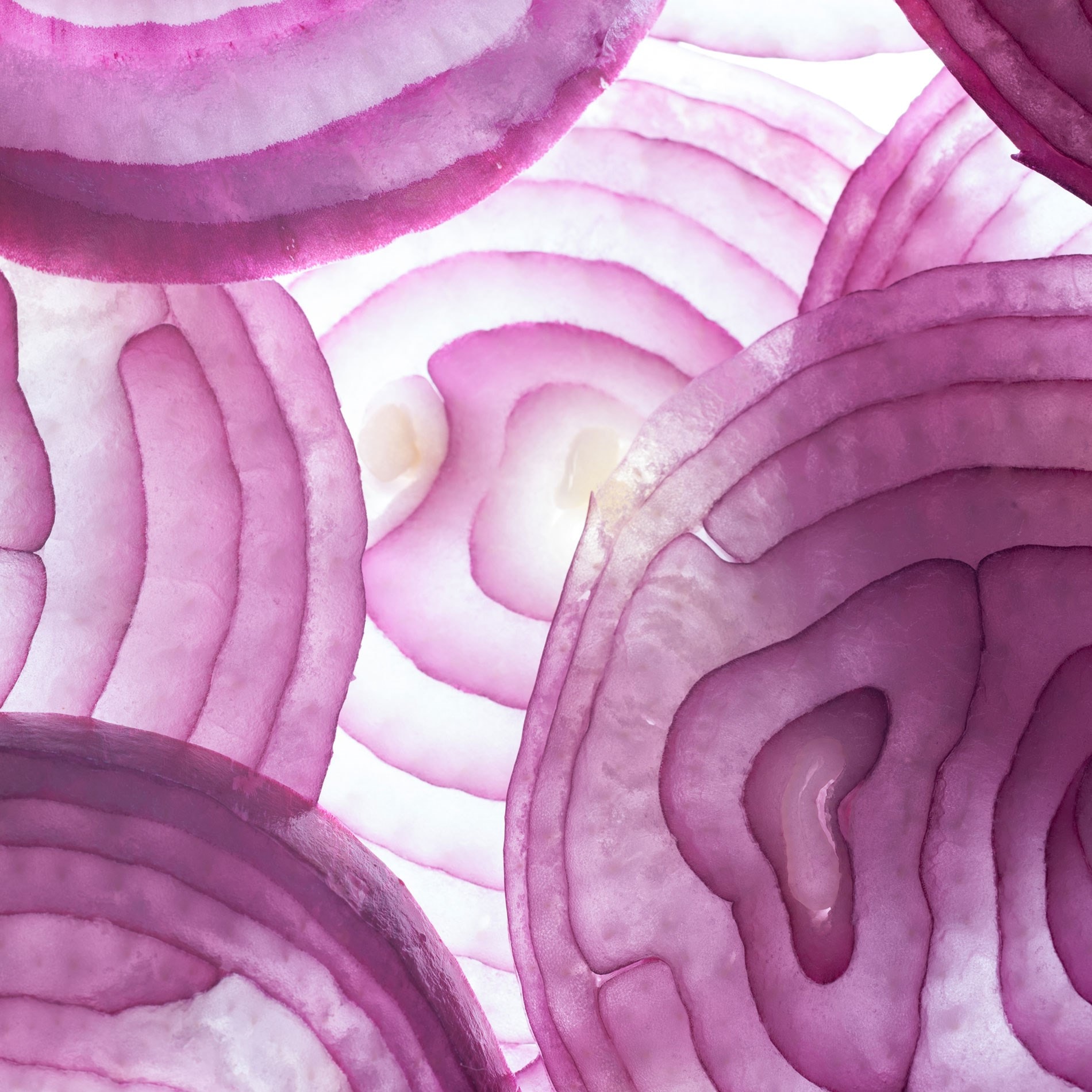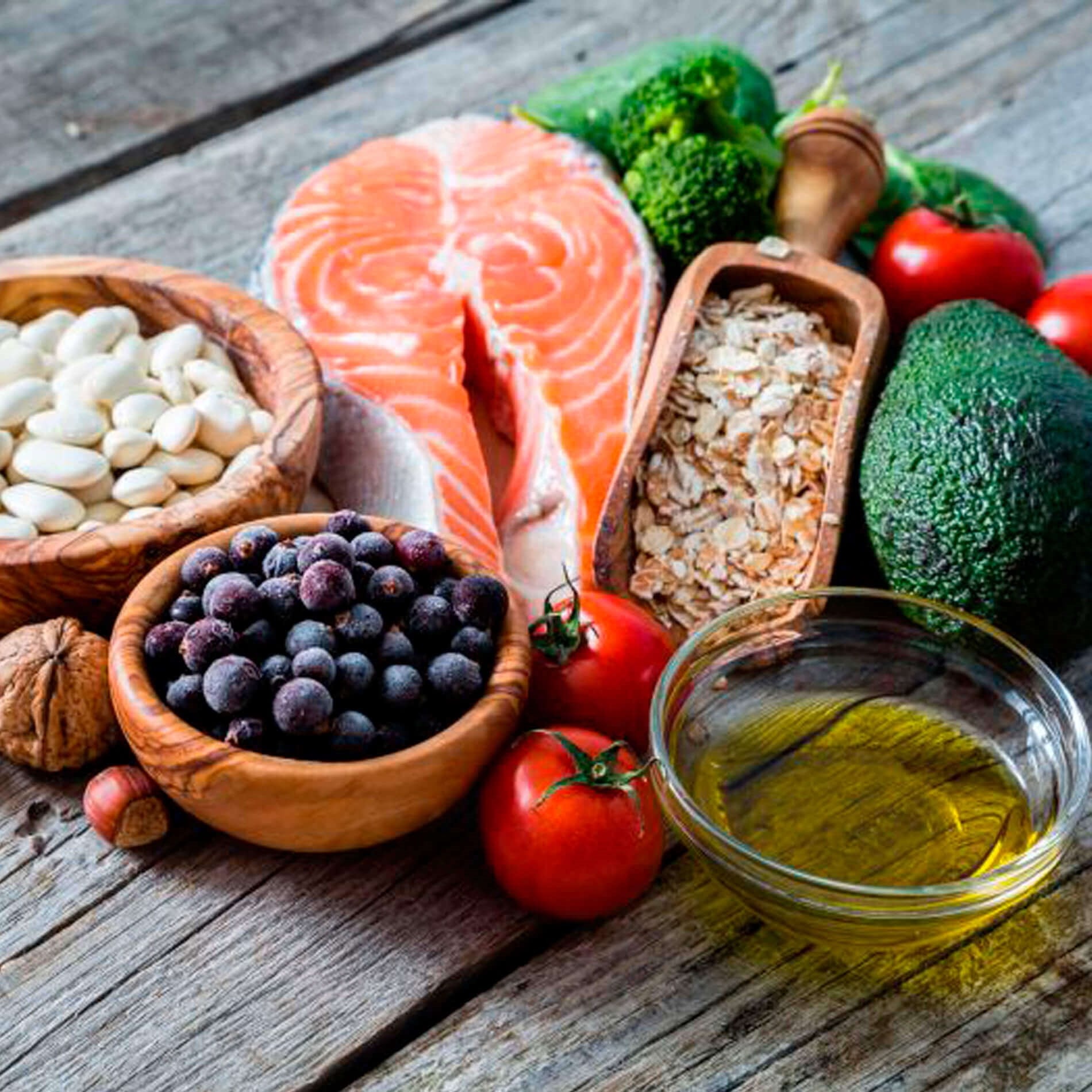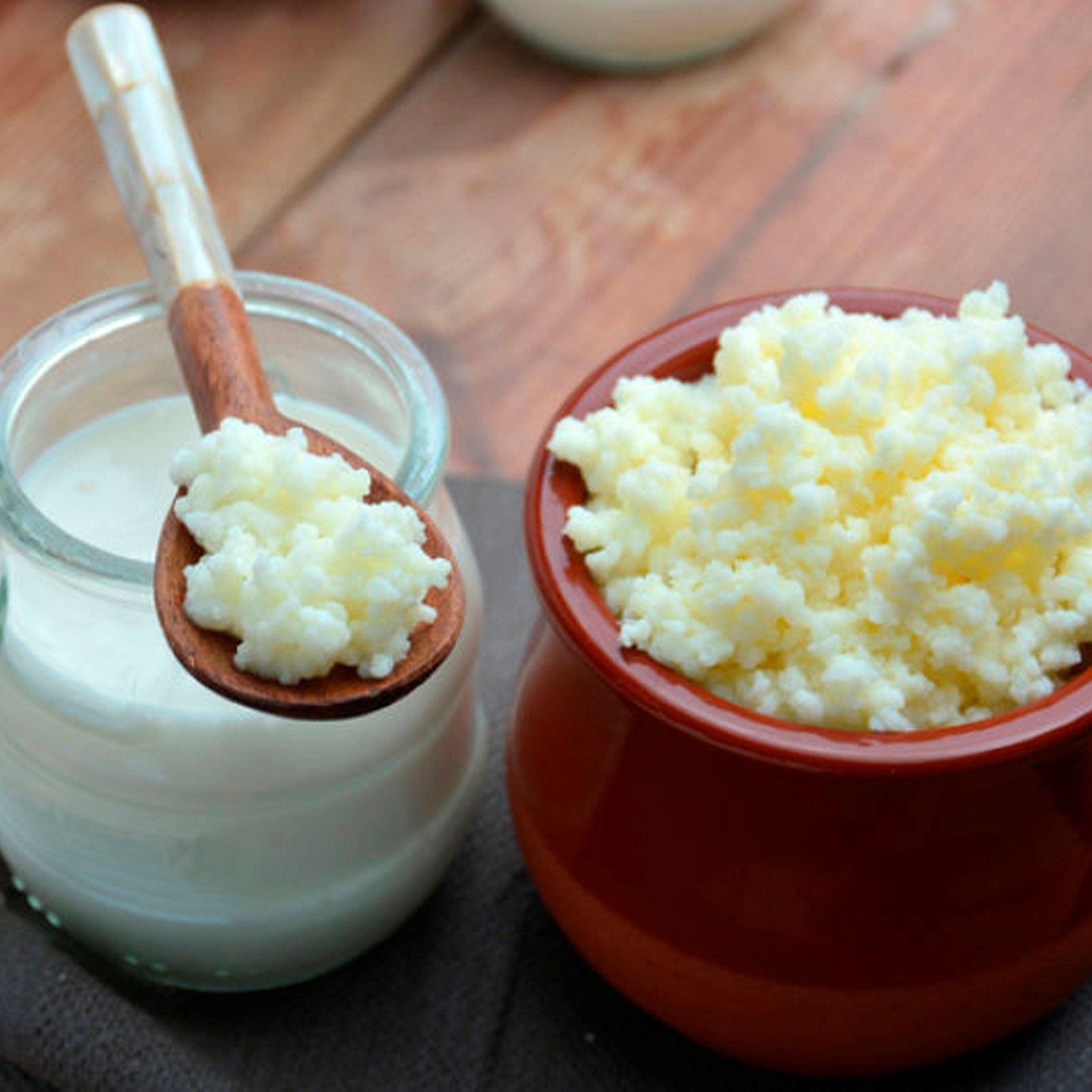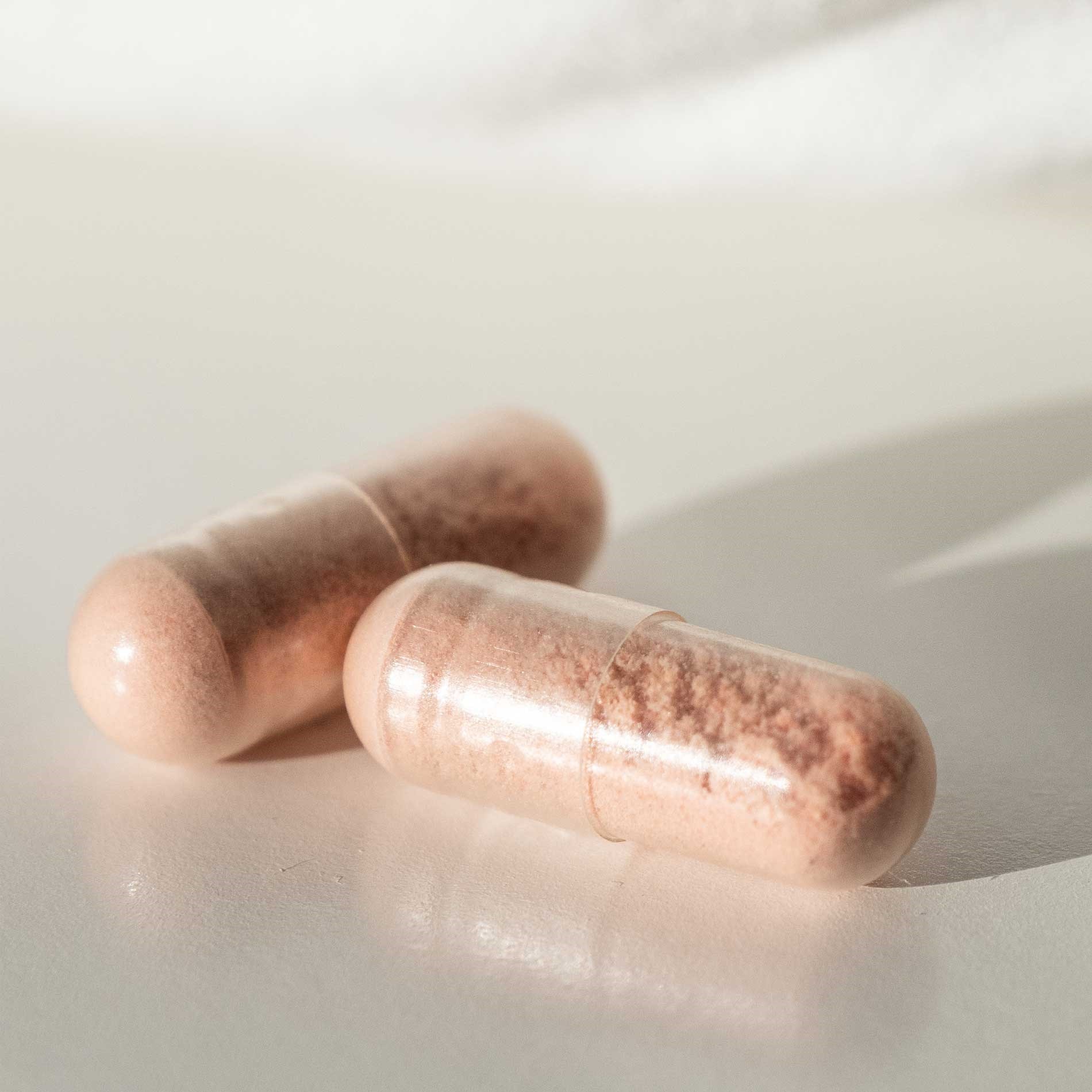Prebiotics vs Probiotics: What's the Difference?
You may have heard of both prebiotics and probiotics and you may already know that they are beneficial to our gut health. However, did you know that whilst they both support a healthy gut they are actually really rather very different? This article will detail all of the similarities and differences between these two fascinating substances. Please continue reading to find out more:
- Prebiotic vs probiotic: which is best to take?
- Do I need both prebiotics and probiotics?
- Why are prebiotics and probiotics important?
- How do prebiotics and probiotics interact?
- Prebiotic vs probiotic: the differences between them.
- What are biotics?
- Key takeaways
Prebiotics and probiotics: which is best to take?
It’s certainly beneficial to include a little food source for the bacteria in the form of a prebiotic, as this will help the live cultures establish themselves in the intestine. However, some individuals can be very sensitive to the effects of prebiotics, which can cause some bloating symptoms in a minority of people. 5 This usually occurs in those with more significant digestive issues.
Supporting your gut health is easy with a diet rich in fruits, vegetables, and whole grains, as these naturally provide nourishment for beneficial gut bacteria. However, if you're looking for an extra boost, a combination of prebiotics and probiotics can be especially beneficial. For example, the probiotic strain Bifidobacterium lactis BB-12® works even more effectively when paired with prebiotics like FOS, helping to promote a thriving gut microbiome.
Please read here for some interesting research looking into the health benefits of Prebiotics on human health: Prebiotics: A Look at FOS & Inulin.
Do I need both prebiotics and probiotics?
Since prebiotics are found in many daily foods, in most cases, it is not strictly necessary to need to take a prebiotic. However, for those who tolerate prebiotic fibres well and are looking to optimise their gut health prebiotics can be extremely helpful in the optimisation of our gut microbiome.6
We recommend prebiotics and probiotics to all customers on a long-term daily basis to keep their digestive and immune systems in tip-top condition. The strain Lactobacillus acidophilus NCFM which is the most clinically researched strain of acidophilus is a particularly beneficial strain especially trialled for IBS and bloating.7 For further reading, please see, NCFM® & Prebiotics for Gut Health
Why are prebiotics and probiotics important?
Both prebiotics and probiotics support healthy bacteria and beneficial organisms in your gut which help aid digestion but they exert their benefits in different ways. Probiotics are living organisms that are found in certain foods which add to the levels of healthy bacteria within our gut.Prebiotics on the other hand are not living but naturally occurring in a variety of plant-based fibres. Prebiotics act as a food source for our live bacteria helping them to grow. Both are considered excellent in terms of maintaining optimal gut health1. For more information on how probiotics work, please take a look at the following page – Probiotics for Digestion.
How do prebiotics and probiotics interact?
Prebiotics are specific plant fibres that feed the bacteria in our gut and stimulate the growth of our healthy bacteria.2 Parts of these specific plant fibres interestingly can’t be digested by us, they, therefore, bypass digestion and travel straight to the colon where most of our beneficial bacteria live. Our bacteria metabolise and ferment this dietary fibre in order to help our good bacteria grow and thrive.
Prebiotic vs probiotic: the differences between them
Let’s start off by clearly defining what each substance does. Firstly, prebiotics are found in fibrous-rich foods that we can’t digest. The beneficial bacteria in our gut eat this fibre and use it as an energy source to feed our resident gut bacteria. When prebiotics ferment dietary fibre in the colon this is thought to improve metabolic health and provide necessary energy to our colon cells, reducing inflammation and promoting immunity.3
Examples of prebiotic foods include:
- Oats
- Green Bananas
- Artichokes
- Garlic
- Leeks
- Onions
- Apples
- Chicory
- Flaxseeds

Probiotics on the other hand are live bacteria found in supplements or certain foods, which provide us with numerous health benefits, helping to optimise the gut microbiome, from less beneficial and potentially pathogenic organisms to commensal and beneficial species. Probiotics may also help to modulate the immune system, decrease inflammation, and ward off infection. 4
Examples of probiotics include:
- Kefir
- Kombucha
- Miso
- Tempeh
- Yoghurt
- Sauerkraut
- Kimchi
- Live bacteria supplements

For more information on food sources of live bacteria and how they compare to probiotic supplements, please see our article Supplements vs Yoghurts.
What are biotics?
Biotics are defined as all types of living, or once living, organisms. This includes animals, plants and fungi.
As the name suggests, both prebiotics and probiotics are types of biotics. Postbiotics, the end-products of probiotic bacteria, and synbiotics are other types of biotics.
Key takeaways
- Both prebiotics and probiotics support healthy gut bacteria but they exert their benefits in different ways.
- Prebiotics are specific plant fibres that feed the bacteria in our gut and stimulate the growth of our healthy bacteria.
- Probiotics are live bacteria found in supplements and certain foods which help to optimise our digestive and immune health.
If you enjoyed reading about this subject, then take a look at these related articles:
What are Synbiotics?
Benefits of Probiotics
Taking Probiotics daily
References
- Dorna Davani-Davari. (2019). Prebiotics: Definition, Types, Sources, Mechanisms, and Clinical Applications. National Library Of Medicine. [Online]. Available at: https://www.ncbi.nlm.nih.gov/pmc/articles/PMC6463098/
- Cleveland Clinic. (2020). Probiotics. [Online]. Cleveland Clinic. Last Updated: 03 September 2020. Available at: https://my.clevelandclinic.org/health/articles/14598-probiotics
- Jakub Żółkiewicz 1. (2020). Postbiotics-A Step Beyond Pre- and Probiotics. National Library of Medicine. [Online]. Available at: https://pubmed.ncbi.nlm.nih.gov/32717965/
- Yoshifumi Kotani. (2010). Oral intake of Lactobacillus pentosus strain b240 accelerates salivary immunoglobulin A secretion in the elderly: A rand. National Library of Medicine. [Online]. Available at: https://pubmed.ncbi.nlm.nih.gov/20796295/
- Optibac Probiotics. Probiotics and Side Effects - an in-depth review. [Online]. Probiotics Professionals. Available at: https://www.optibacprobiotics.com/uk/professionals/faqs/recommend-better/are-there-side-effects-to-probiotics
- Paulina Markowiak. (2017). Effects of Probiotics, Prebiotics, and Synbiotics on Human Health. National Library of Medicine. [Online]. Available at: https://www.ncbi.nlm.nih.gov/pmc/articles/PMC5622781/
- T Ringel-Kulka. (2014). Lactobacillus acidophilus NCFM affects colonic mucosal opioid receptor expression in patients with functional abdominal. National Library of Medicine. [Online]. Available at: https://pubmed.ncbi.nlm.nih.gov/24853043/
Popular Articles
-
Gut Health15 Nov 2023
-
General Health12 Jan 2024
-
Probiotics29 Jan 2024


